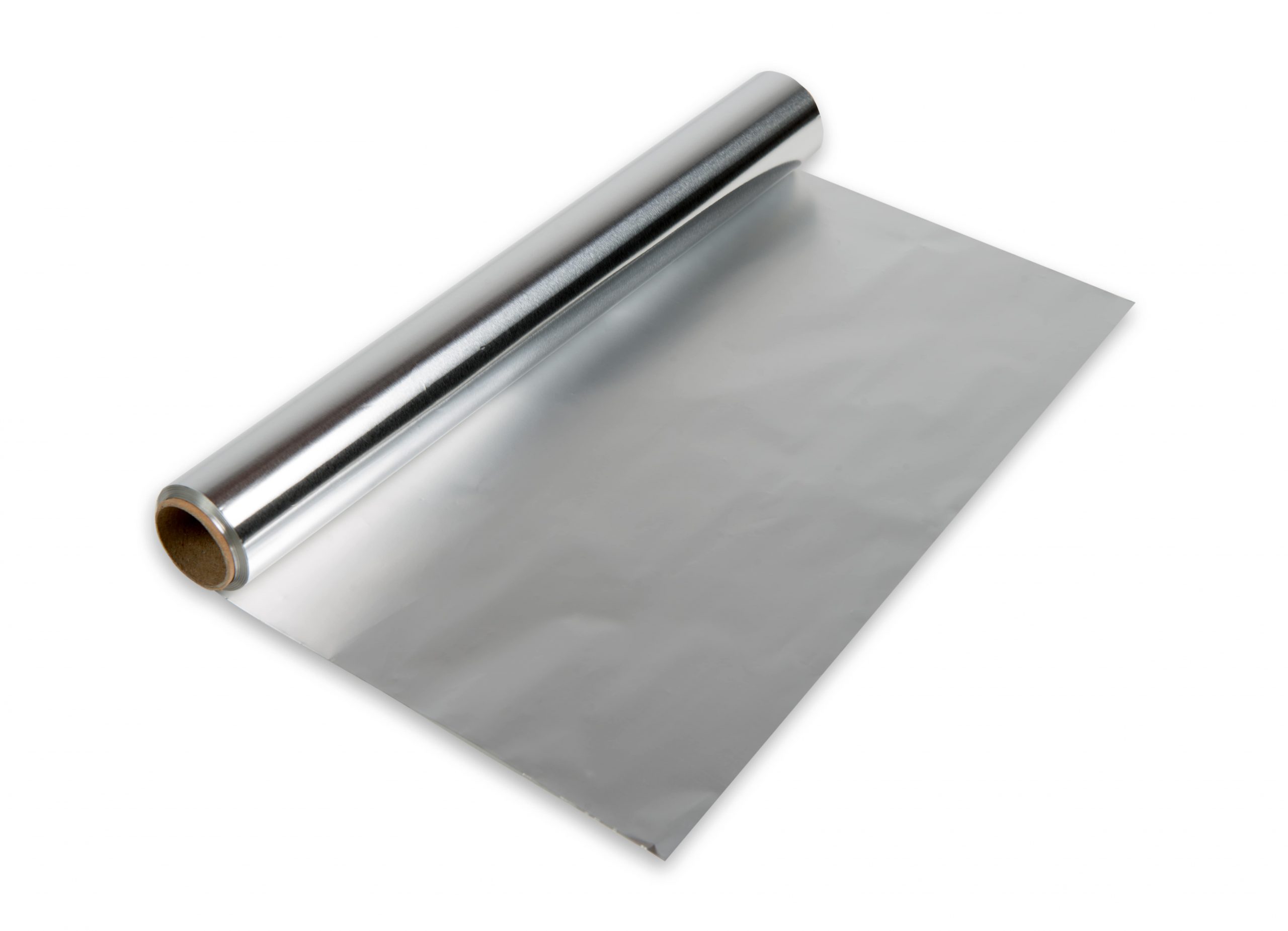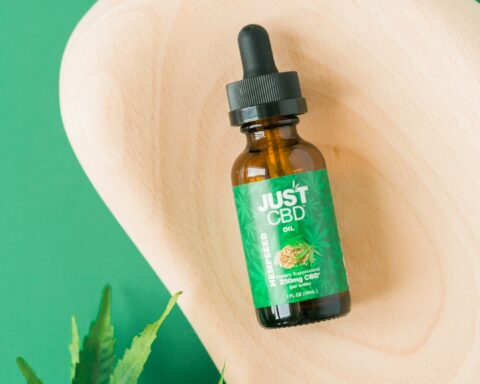Aluminum foil is a shiny sheet made of aluminum metal. It is manufactured by whirling large pieces till they achieve a thickness of 0.2 mm.
Most people have used aluminum foil in their homes to serve different purposes. Some argue that using this foil in cooking allows aluminum content to enter your food, hence risking your health. Surprisingly, almost all households use it for roasting vegetables, baking fish, covering pot/pan with food, among other activities. However, there is insufficient knowledge on aluminum foil safety regarding human health. Experts have raised concerns about its utilization and warned people about the adverse side effects. Should you use aluminum foil in cooking? It is a question that needs to be shaded light on. This blog will explore aluminum safety in cooking.
The food contains traces of aluminum
Aluminum is among the most available metals in the world. Naturally, it is tied to different elements such as clay, rocks, sulfate, and phosphate. Nonetheless, it exists in water, food, and air but in small amounts. In most foods, aluminum occurs naturally, such as vegetables, grains, fish, dairy products, fruits, and meat. Further, this compound is consumed from refined foods like thickeners, preservatives, anti-caking, and coloring agents. Most commercially manufactured foods with food additives have greater aluminum amounts than homemade foods. The following factors depend on the exact aluminum levels in the human body.
- Soil – The amount of aluminum resident in the soil used for growing crops
- Absorption-how fast meals absorb and last to aluminum
- Additives – Whether the food contains any added additive during manufacturing
- Packaging – Whether the food is stored and packaged in aluminum materials
Still, aluminum is consumed via medications with significant aluminum content, such as antacids. In addition, the amount of medication and food is not regarded as a problem because only small quantities are absorbed, and the rest is eliminated. Moreover, the absorbed aluminum is eliminated through urine, especially in healthy folks. Experts consider these small aluminum quantities as safe.
Might escalate aluminum level in foods
Much of aluminum content is obtained from food. Nevertheless, research has established that containers, cooking utensils, and foil can release aluminum into the food. Based on this, using aluminum foil elevates aluminum levels to your meals. Additionally, the aluminum content getting into your diet when using aluminum foil in cooking is determined by several things, including certain ingredients like spices and salts, foods such as rhubarb, cabbage, tomatoes, and temperature (high). Nonetheless, the content can fluctuate when cooking. One research revealed that using aluminum foil to cook red meat can escalate its aluminum amount from 89-378%., which is alarming. However, there is no reliable evidence relating this foil with high chances of disease risks.
Potential side effects of excessive aluminum intake
Medical professionals explain that aluminum intake obtained from cooking and food is friendly. They further showed that healthy people efficiently eliminate soluble aluminum contents from the body through urine or sweet. Individuals with Alzheimer’s disease mostly experience retardation in brain performance and memory loss. However, people claim that Alzheimer’s disease is caused by dietary aluminum. Although research has not proved the claim, there are claims that it results from environmental and genetic factors that destroy the brain with time. Studies indicate high amounts of aluminum in peoples’ brains with this disease.
Nevertheless, high aluminum intake can be regulated by medications like antacids. Experts claim that excessive dietary aluminum intake might promote chances of developing brain ailments such as Alzheimer’s. Although some research shows that dietary aluminum could be a risk factor for developing IBD (Inflammatory Bowel Disease), they have not been well backed up.
Ways of reducing aluminum exposure when cooking
You cannot eliminate aluminum from your food completely, but you can reduce it. Several health organizations suggests that aluminum levels below two milligrams per one-kilogram weight/week cannot have health issues. Nevertheless, professionals assume that many folks take less than this amount. Below are ways used to lower aluminum exposure when cooking:
- Limit your aluminum foil use. Minimize your foil usage in the kitchen, particularly when cooking acidic meals like lemons or tomatoes.
- Avoid using excess heat. Whenever possible, use moderate temperatures while cooking.
- Utilize non-aluminum cooking utensils. Utilize porcelain or glass utensils in the kitchen whenever possible.
- Stop combining acidic foods with aluminum foil- Don’t attempt to expose cookware or aluminum foil to acidic meals, like rhubarb or tomato sauce.
Further, understand that commercially refined diets are sometimes packed in aluminum containers or have food additives that make them richer in aluminum content than home-baked equivalents. Therefore, minimizing refined foods and eating much of home-baked diets helps lower aluminum intake.
Is it advisable to continue using aluminum foil?
Aluminum foil is not proven harmful, although it might escalate aluminum content in the food. If you are watching aluminum intake, regulate the usage of foil in the kitchen. According to various researchers, using fail will increase the risks of consuming insoluble aluminum since Aluminum content leaches into the food during cooking, which might later result in malfunctioning. Additionally, some foods cooked are acidic, contributing to aluminum leaching. Various researchers suggest that people should find other alternatives before considering aluminum foil.
Conclusion
Aluminum foils are commonly used in most homesteads and fast food industries. Studies have established that high temperatures can cause aluminum to melt and drop in the food. Consuming little amounts has no problem because the excess traces are eliminated from the brain through urine or feces. Additionally, health organizations have concluded on the moderate amount of aluminum in the body and most preferably soluble aluminum. Excessive consumption of this compound is dangerous to your health. In this regard, aluminum foil can leach some amounts in food. Also, some spices and acidic foods being cooked cause its release into food whenever exposed to this foil. There is no conclusive statement about this, but you can choose based on this evidence.
- Chickpeas vs. Garbanzo Beans: What’s the Difference? - April 19, 2024
- How to Manage or Improve Anxiety - September 21, 2023
- The birth of a company - July 29, 2023









